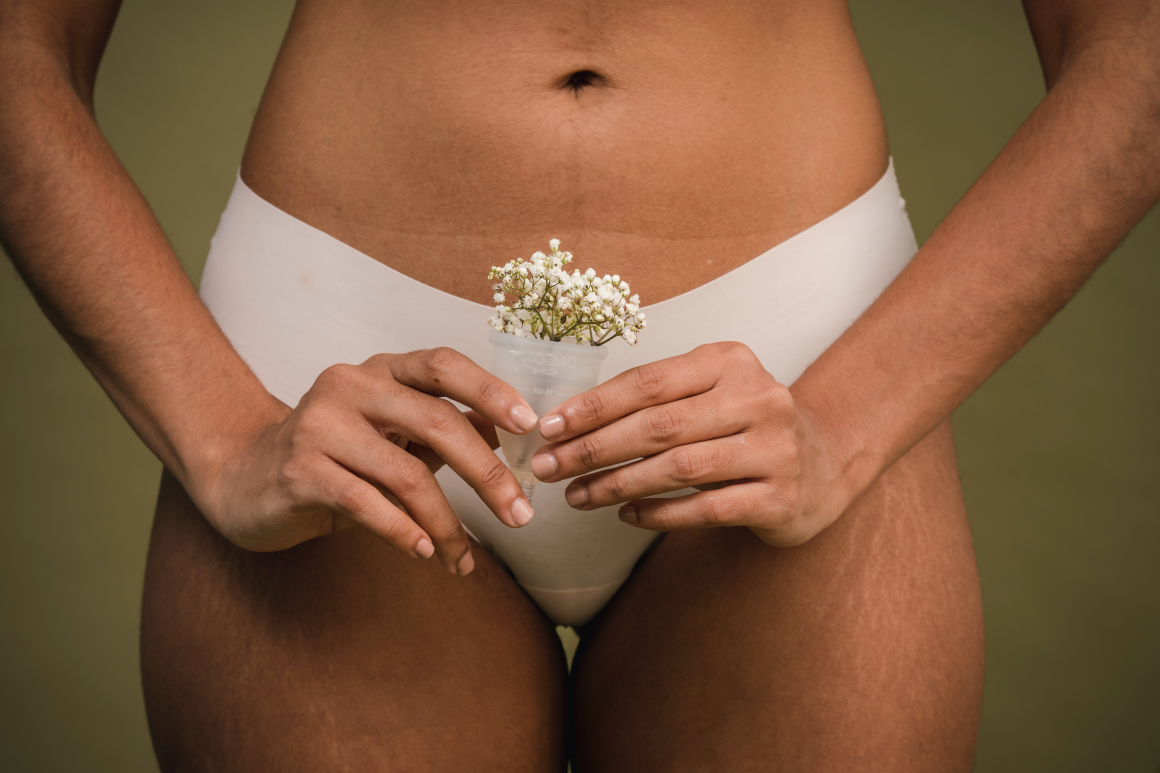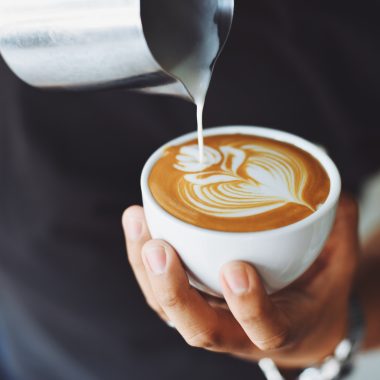Menstrual cramps are a common and often painful experience for many women during their menstrual cycle. These cramps are caused by the contraction of the uterus as it sheds its lining, and they can range from mild to severe. In this article, we will explore the reasons why women experience menstrual cramps, what causes them, and how to deal with them.
Why do women have menstrual cramps? Menstrual cramps occur due to the contraction of the uterus, which is the primary cause of menstrual pain. The uterus contracts in order to shed its lining, which is made up of blood, tissues, and mucus. These contractions are caused by hormone-like substances called prostaglandins, which are produced in the lining of the uterus. As the level of prostaglandins increases, the uterus contracts more strongly, leading to more intense menstrual cramps.
Is it normal to have menstrual cramps?
Yes, menstrual cramps are a normal and common experience for many women. In fact, up to 90% of women report having menstrual cramps at some point in their lives. The intensity of menstrual cramps can vary greatly and some women may experience no cramps at all.
What causes menstrual cramps to be more severe?
There are several factors that can contribute to more severe menstrual cramps, including:
- Age: Women who experience menstrual cramps in their teens and early 20s tend to have more severe cramps than women who start menstruating later in life.
- Heavy menstrual bleeding: Women who have heavy periods may experience more severe menstrual cramps as the uterus contracts more strongly to shed the excess blood.
- Endometriosis: This is a condition in which the tissue that normally lines the inside of the uterus grows outside of it. Women with endometriosis often experience more severe menstrual cramps.
- Fibroids: These are noncancerous growths that develop in the uterus and can cause more intense menstrual cramps.
How to deal with menstrual cramps?
There are several ways to manage menstrual cramps and reduce pain. Here are some effective methods:
- Over-the-counter pain relievers: Nonsteroidal anti-inflammatory drugs (NSAIDs), such as ibuprofen, can help reduce menstrual cramps.
- Heat therapy: Applying a heating pad or hot water bottle to the lower abdomen can help relax the uterus and reduce cramps.
- Exercise: Light exercises, such as yoga or walking, can help reduce menstrual cramps by promoting blood flow and reducing stress.
- Relaxation techniques: Techniques such as deep breathing, meditation, and yoga can help reduce menstrual cramps by reducing stress and relaxing the muscles.
- Healthy diet: A diet rich in fruits, vegetables, whole grains, and healthy fats can help reduce inflammation and support overall health.
Menstrual cramps are a normal yet often painful experience for many women. There are several factors that can contribute to more severe cramps, including age, heavy menstrual bleeding, endometriosis, and fibroids. To manage menstrual cramps, there are several effective methods, such as over-the-counter pain relievers, heat therapy, exercise, relaxation techniques, a healthy diet, and hormonal birth control. If you are experiencing persistent or severe menstrual cramps, it is important to talk to your doctor, as there may be underlying health conditions that need to be addressed.








